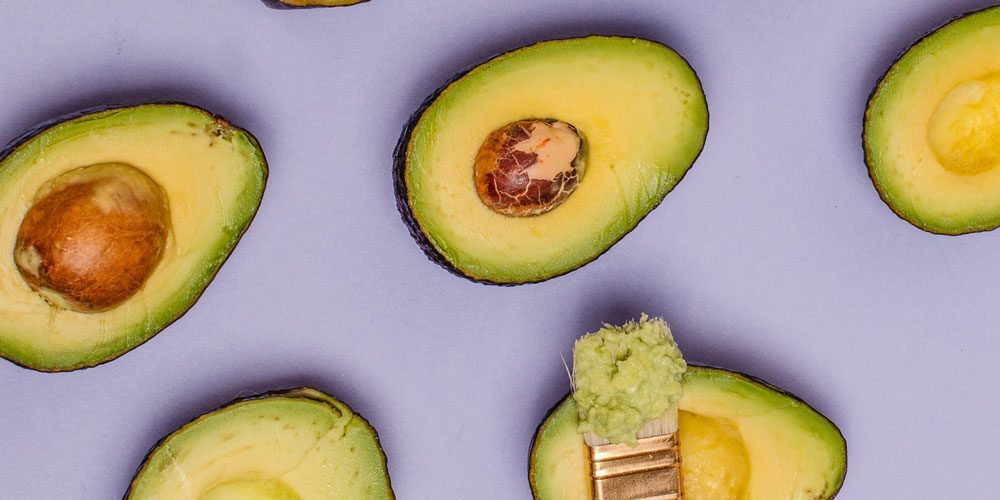The Ultimate Guide to the Keto Diet

If you're interested in losing weight, reducing inflammation, and improving your overall health, then you've probably stumbled upon the keto diet. The ketogenic diet, also known as the keto diet, is a high-fat, low-carb diet that many people have found success with. But before you jump into it, there are some things you need to know. In this guide to the keto diet, we'll cover everything from its history and science, to what you should eat, and potential risks and side effects. By the end of this post, you'll be equipped with the knowledge and confidence you need to decide if the keto diet is right for you.
Introducing the Keto Diet
The keto diet, similar to Paleo, Atkins, or South Beach, is a high-fat, low-carb diet that forces the body to burn fat for energy instead of carbohydrates. It was originally developed in the 1920s as a treatment for epilepsy, but has gained popularity in recent years as a weight loss and wellness strategy.
The Science Behind the Keto Diet
To understand the keto diet, it's important to know how the body processes carbohydrates. When we eat carbohydrates, they are broken down into glucose, which our body uses for energy. But when we eat a high-fat, low-carb diet, our body is forced to switch from glucose to ketones for energy. This process is called ketosis, and many claim its numerous health benefits, including weight loss, reduced inflammation, and improved mental clarity.
Unfortunately, there are also skeptics in the medical community who claim that the high-fat diet has risks associated with it and lacks the long-term studies needed to validate claims of health.
What to Eat on a Keto Diet
On a keto diet, you'll want to focus on foods high in fat and low in carbohydrates. Good options include meats, fish, eggs, cheese, nuts, and healthy oils. You'll want to avoid grains, sugars, and most fruits. Protein intake should be moderated to avoid too much gluconeogenesis, a process where protein is converted into glucose in the body, which can take you out of ketosis.
That being said, it's often a misconception that the keto diet restricts all carbohydrates. Carbs coming from vegetables like broccoli, cucumbers, and leafy greens (to name a few) are fair game when eating keto. And they're highly valuable when it comes to making sure your body is getting the nutrients it needs from food.
Potential Risks and Side Effects of a Keto Diet
While the keto diet touts weight loss and reversing insulin resistance, there are also potential risks and side effects to be aware of. These include a risk of liver and kidney problems and even constipation. Another risk, that is always on the table when a diet rigidly restricts major food groups, is nutrient deficiencies. Additionally, some people experience fuzzy thinking and mood swings, known as the "keto flu," when first starting the diet, which can be alarming for people who have been promised "improved mental clarity."
Long-Term Success with a Keto Diet
While the keto diet can be effective for weight loss and wellness in the short term, it's important to consider how it fits into your long-term lifestyle. Patience and perseverance are key, and incorporating exercise and physical activity can improve your results. When transitioning back to a normal diet, it's important to do so slowly to avoid the "carb crash" and potential weight gain--a real risk with any diet.
Where We Leave You
The keto diet can be a powerful tool for weight loss and improving overall health. However, it's important to discuss with a healthcare professional before starting the diet to ensure it's right for you, especially considering the minimal long-term research we have on the high-fat diet. With proper planning and monitoring, the keto diet may provide benefits and help you achieve your wellness goals. But remember, knowledge is power, so take the time to educate yourself and make informed decisions about your health.
Whether you're interested in losing weight, reducing inflammation, or improving your overall health, the keto diet can be a powerful tool. Just remember to seek the guidance of a healthcare professional before starting the diet and be mindful of potential risks and side effects. With patience and perseverance, the keto diet might help you achieve your wellness goals and improve your quality of life. More likely, however, the keto diet can be a good jumping-off point for your weight loss journey, and you will choose to leave it behind when it is no longer serving you. Just be sure to do so intentionally and with careful consideration to the food you choose to reintroduce to your diet.
